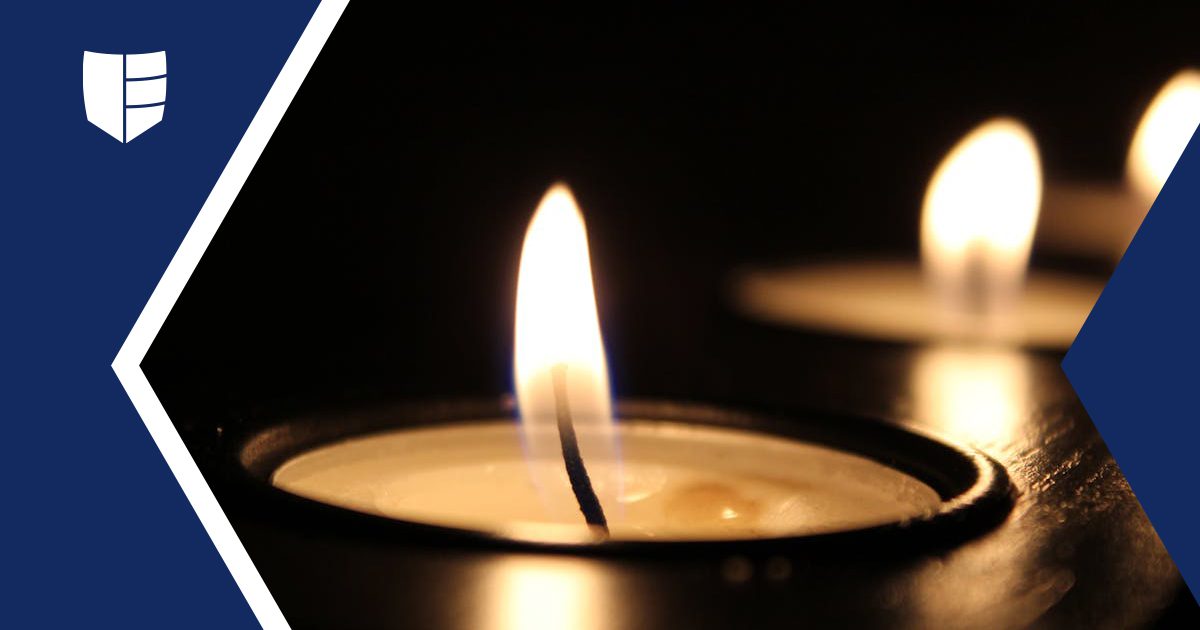When someone passes away due to natural causes or illness, it’s often seen as an unfortunate but expected part of life. But when a person dies because of another party’s negligence, misconduct, or intentional act, it raises difficult legal and emotional questions. That’s where the concept of wrongful death comes in. While every death leaves a void, not all are considered wrongful under the law.
This is why understanding just what defines a wrongful death is so important in helping families decide whether they may have legal grounds to pursue a claim and seek compensation.
What Is the Legal Foundation of Wrongful Death?
A wrongful death happens when someone dies as a direct result of another person’s actions or negligence. These cases typically arise in civil court, rather than criminal court, and aim to hold the responsible party financially accountable, not criminally liable. The idea is that if the person had survived, they would have had the right to bring a personal injury lawsuit.
Because they’re no longer able to speak for themselves, the law allows certain family members or representatives of the estate to pursue the claim on their behalf. Each state has its own wrongful death statutes, which outline who can file a lawsuit, what damages can be recovered, and how long the family has to bring a case.
Despite variations in law, the underlying principle remains the same: when someone’s death could have been prevented and was caused by the wrongful actions of another, surviving loved ones may be entitled to legal remedies.
Common Situations That Lead to Wrongful Death
Wrongful death can stem from a wide range of situations. What connects them all is that negligence or intentional wrongdoing occurred. In these situations, the person or organization responsible had a duty to act with reasonable care but failed to do so, resulting in someone’s death.
Common causes of wrongful death include:
- Car, truck, or motorcycle accidents caused by reckless or impaired driving
- Medical malpractice, like surgical errors, misdiagnosis, or delayed treatment
- Workplace accidents, particularly in hazardous environments like construction or manufacturing
- Defective products, including dangerous machinery, faulty electronics, or unsafe pharmaceuticals
- Nursing home abuse or neglect leading to injuries or medical complications
- Criminal acts, like assault, homicide, or drunk driving
These are not the only scenarios, but they represent many of the situations in which wrongful death lawsuits are filed. What matters most is not the specific event, but whether a preventable death occurred due to someone’s failure to act responsibly or legally.
Key Elements of a Wrongful Death Case
The burden of proof rests with the party filing the claim, typically the decedent’s family or legal representative. For a wrongful death claim to be successful, you must prove several elements.
These legal components form the foundation of the case, and each one must be supported with evidence.
The main elements include:
- Duty of care: The defendant had a legal duty to act to avoid causing harm.
- Breach of duty: The defendant failed in that duty through negligent or intentional behavior.
- Causation: The breach directly caused or substantially contributed to the person’s death.
- Damages: The death resulted in quantifiable losses to surviving family members or the estate.
If any of these components are missing or unsupported, the case may not move forward. For example, a tragic accident alone does not constitute wrongful death unless there’s clear evidence of negligence or fault.
Who Can File a Wrongful Death Claim?
Wrongful death laws vary by state, but they generally allow certain individuals to file a lawsuit on behalf of the deceased. Most of the time, immediate family members, such as spouses, children, or parents, are eligible. Some states extend that right to domestic partners, financial dependents, or siblings, depending on the circumstances.
Often, the person filing the claim is also the executor of the deceased’s estate.
Their job is to act in the best interests of the deceased and the beneficiaries, managing both the legal and financial aspects of the claim.
Damages in a Wrongful Death Case
The key goal of a wrongful death lawsuit is to compensate surviving loved ones for the losses they’ve suffered. These damages are meant to help with both economic and non-economic impacts.
While no amount of money can truly replace a life, compensation can ease the financial burden and help families find closure.
Types of recoverable damages may include:
- Funeral and burial expenses
- Medical costs related to the final injury or illness
- Lost or reduced income and benefits the deceased would have earned
- Loss of companionship, support, and guidance
- Emotional pain and suffering experienced by surviving family members
Why Legal Action Matters
Filing a wrongful death claim isn’t just about financial compensation. For many, taking legal action is about holding someone accountable. It’s about getting answers, establishing responsibility, and honoring the life of a loved one. Legal action can also prompt systemic change, especially in cases involving corporate or institutional negligence.
Whether it’s improving safety protocols or exposing hidden dangers, these lawsuits often help prevent similar tragedies from happening again.
How the Law Offices of Justin R. Boland, PLLC, Can Help
Wrongful death is legally defined by the presence of negligence or misconduct that causes someone’s untimely death.
At the Law Offices of Justin R. Boland, PLLC, we understand that, whether it stems from a car crash, medical error, workplace accident, or violent act, this tragic loss is both personal and preventable, and surviving family members have the right to seek justice and compensation.
While the legal process cannot reverse what has happened, it offers a way to acknowledge the loss, recognize responsibility, and protect others in the future.

